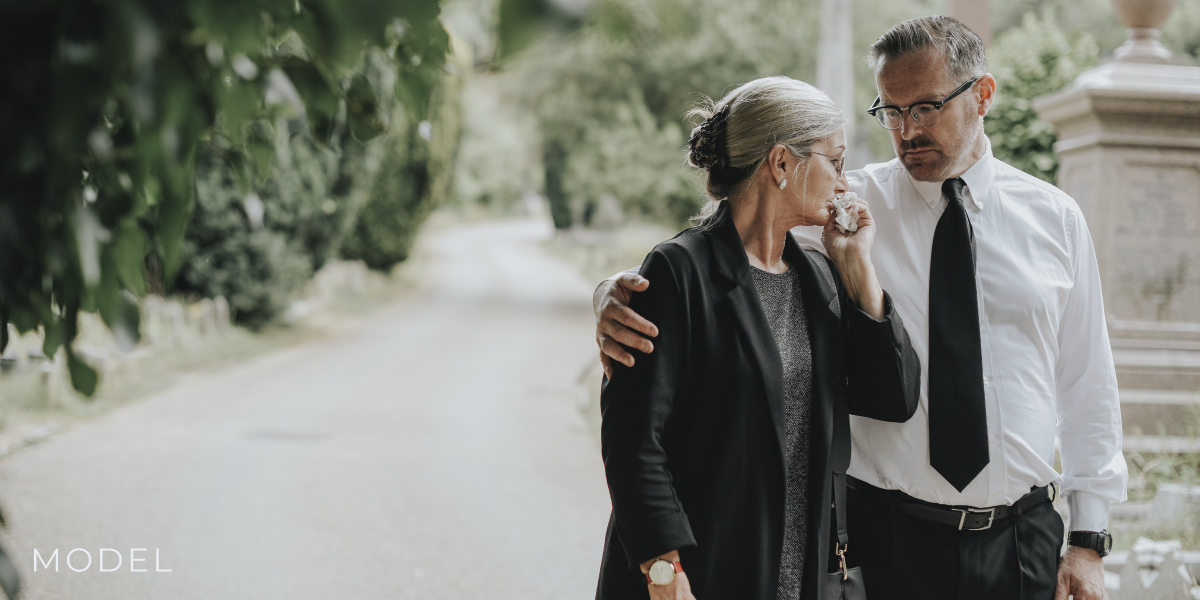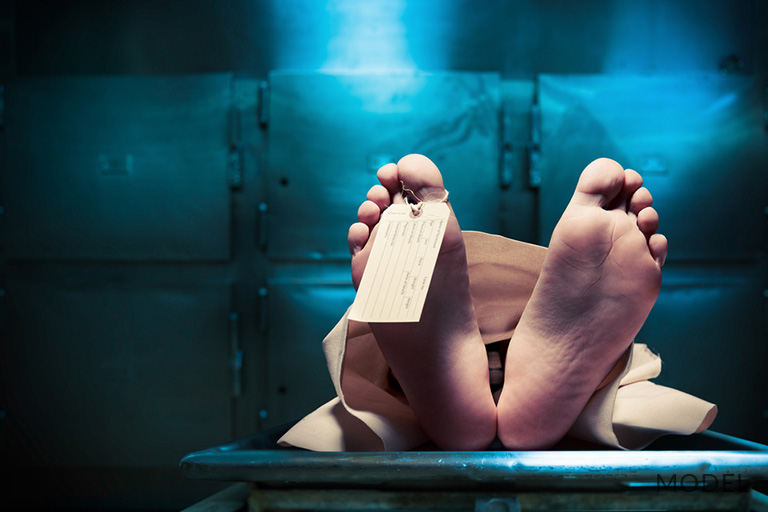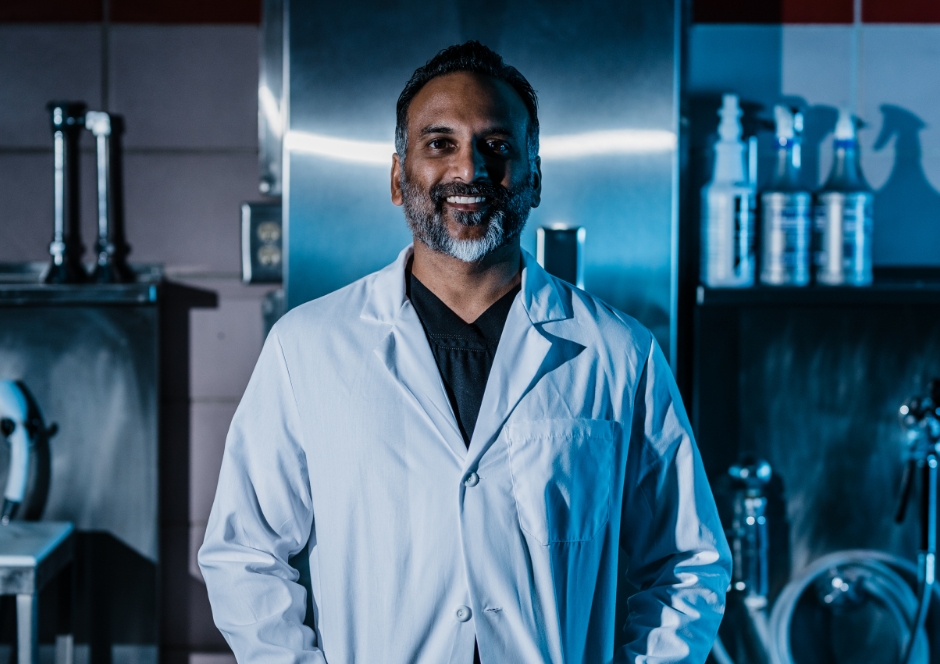 A second autopsy often brings much-needed closure to a deceased person’s loved ones after a preliminary autopsy performed by a medical examiner or coroner leaves unanswered questions. However, in order to have one performed, the person requesting the procedure must either be the Power of Attorney for the deceased individual (either named in an Advanced Care Directive or appointed by a judge), be the deceased person’s next of kin, or be a legal representative acting on behalf of the Power of Attorney or next of kin.
A second autopsy often brings much-needed closure to a deceased person’s loved ones after a preliminary autopsy performed by a medical examiner or coroner leaves unanswered questions. However, in order to have one performed, the person requesting the procedure must either be the Power of Attorney for the deceased individual (either named in an Advanced Care Directive or appointed by a judge), be the deceased person’s next of kin, or be a legal representative acting on behalf of the Power of Attorney or next of kin.
There is a hierarchy that Dr. Chundru must adhere to when allowing someone to order a second autopsy. While domestic partners are considered equal to spouses on this hierarchy, domestic partners have great ease and protection at ordering autopsies when they are the named Power of Attorney under an Advanced Care Directive.
The Hierarchy for Authorizing an Autopsy
The following is the very long, and somewhat complex, the hierarchy of who can legally sign for an autopsy to be performed on a loved one:
- The Power of Attorney (either named in an Advanced Care Directive or legally appointed by a judge); if none, then
- The surviving spouse or domestic partner, if available and considered competent; if not, then
- Adult children; if none, then
- Parents; if none, then
- Siblings; if none, then
- Grandparents; if none, then
- Nephews or nieces; if none, then
- Uncles or aunts; if none, then
- Cousins; if none, then
- Stepchildren; if none, then
- Relatives or next of kin of the previously deceased spouse; if none, then
- Any relative or friend who is assuming custody of the body and responsibility for the burial.
How an Advanced Care Directive Helps Your Domestic Partner Request a Second Autopsy
As you can see from the above list, who can claim authority before a domestic partner and order an autopsy is the Power of Attorney, assuming the Power of Attorney and the domestic partner aren’t the same people. All that being said, if you have a domestic partner and you don’t plan to marry, it’s best to list them as your Power of Attorney on an Advanced Care Directive.
Doing so provides several benefits. First, having a Power of Attorney and detailing to them your final wishes helps ensure they will be followed upon your death. Second, while everyone in your family and circle of friends may know who your domestic partner is, sometimes it can be difficult to prove so immediately after death – not only logistically but emotionally. Finally, some family dynamics are complicated. If you have a relative down the hierarchy, such as an adult child or a parent, who doesn’t approve of your relationship with your domestic partner, and this relative disagrees with the decision your domestic partner is making without being named Power of Attorney, it could cause disagreements and even delays in getting your autopsy performed. When your domestic partner is your Power of Attorney, though, he or she will have legal documentation providing his or her authority to make decisions about your autopsy, that downline next of kin cannot negate.
Assigning a Legal Representative to Order a Second Autopsy
It’s understandable that many domestic partners are so grief-stricken after the death of their significant other, especially if that loss was unexpected, that they aren’t in the emotional position to be having conversations with Dr. Chundru about the goals and hopes for the procedure. This is why the law allows domestic partners who are listed as Power of Attorney under an Advanced Care Directive to select a lawyer to make this request on their behalf.
Choosing a legal representative to help you through the process of having a second autopsy performed is very common, especially since many domestic partners request this procedure when they suspect their significant other’s death was the cause of malice, negligence, or medical malpractice.
Contact Dr. Chundru with Further Questions
If you have further questions about this topic or are interested in a secondary autopsy for your domestic partner, or if you’re an attorney representing a domestic partner who wants one for their loved one, call Dr. Chundru to schedule a consultation.







